Ben Randall: Q&A with the award-winning dog trainer
We speak to Country Life's canine agony uncle Ben Randall.

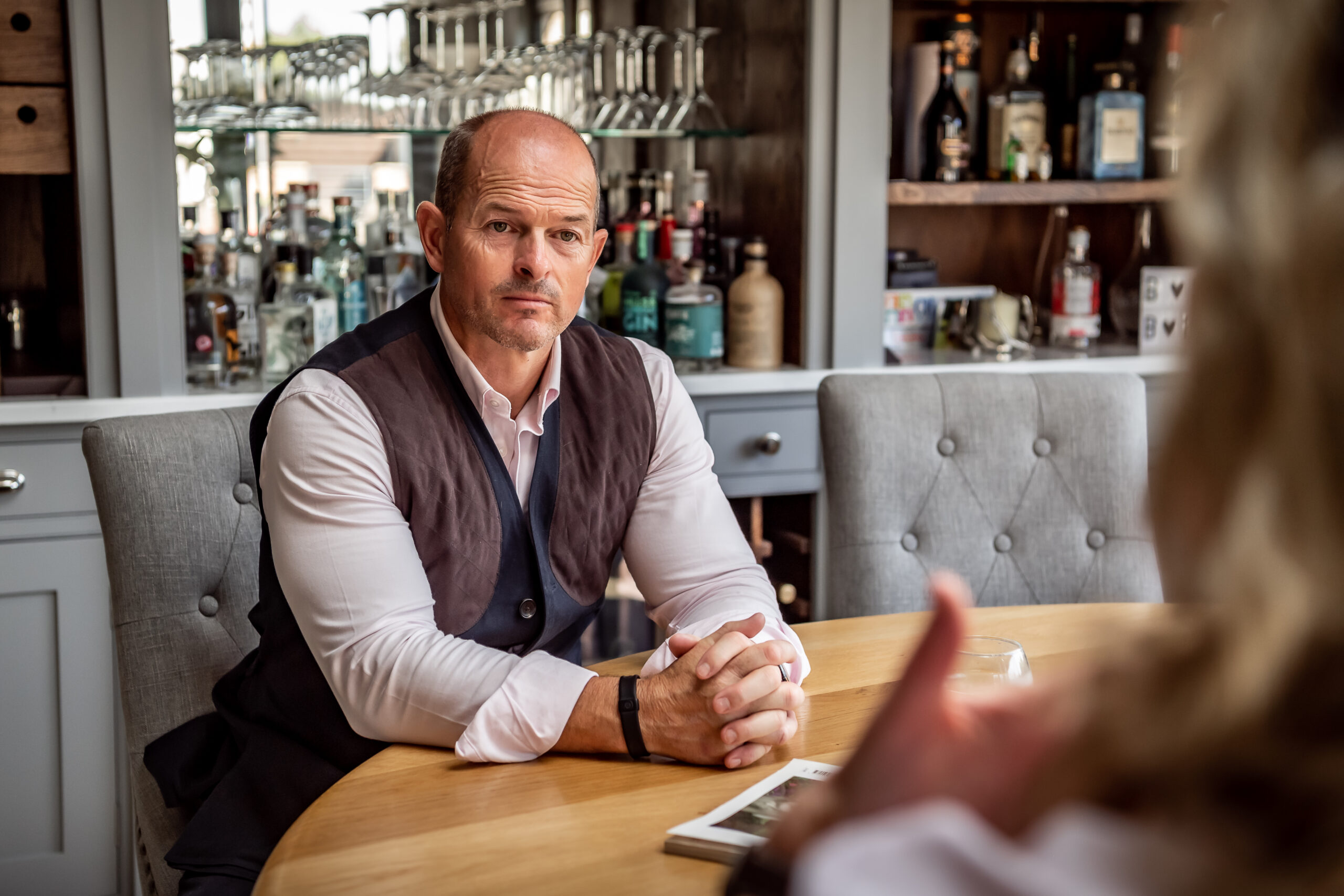
It's exactly two and a half years since Ben Randall first started writing his weekly dog training advice column for Country Life. In that time he's helped from common enquiries — how to get a dog walking to heel, or get a puppy to stop crying at night — to more unusual issues, such as the chatty pet who tried to join in its owners conversations.
And though we've looked at Ben's dog training philosophy before now, we've not asked much about the man himself — so this week's column puts that right with this Q&A session about Ben himself, how he first started training dogs, and the things that have shaped his approach over the years.
Where are you from?
I grew up in Somerset, in a small town in the countryside. My dad was into labradors and shooting, and I still remember our first one. She was a black lab called Tessa — I must have been five or six when we got her, and I helped my dad training her. He worked full time, so when he wasn't about I looked after her.
When did you realise you had a gift for training dogs?
Around 35 years ago, when I was 13 or 14, my uncle was a professional labrador trainer, who took dogs out shooting and competed in field trials. I used to spend all my summer holidays and half-terms with him, training his young dogs and learning from him — and that's when it became apparent that I had a gift for getting the best out of an animal.
What was the first dog you had that was just yours?
Exquisite houses, the beauty of Nature, and how to get the most from your life, straight to your inbox.
I was 15, and I bought a young springer spaniel, black-and-white, called Grouse.
A springer? Not a labrador?
Yes, I've often been asked why I didn’t go for a labrador. My other passion in life is rugby, and I think because of that I loved the speed and adrenaline of training such a highly charged dog. I used to train him before and after school, every day. I'll be honest, I made lots of mistakes, but I learned a huge amount along the way.
There's more of a connection between rugby and dog training too. I played at a high level at Bristol and a few other clubs, but particularly loved the coaching which I started doing when I retired from playing. Training a dog gives me a very similar feeling to the pleasure of watching a young player grow in confidence, and begin to excel. It’s hugely rewarding.
How did you start getting competitive in the world of dog training?
After finishing rugby, I worked for a private school as both part-time rugby coach and head of grounds, which gave me access to 60 acres in the middle of the countryside. It was the ideal place to train and develop my dogs further, and I started competing in and winning field trials.
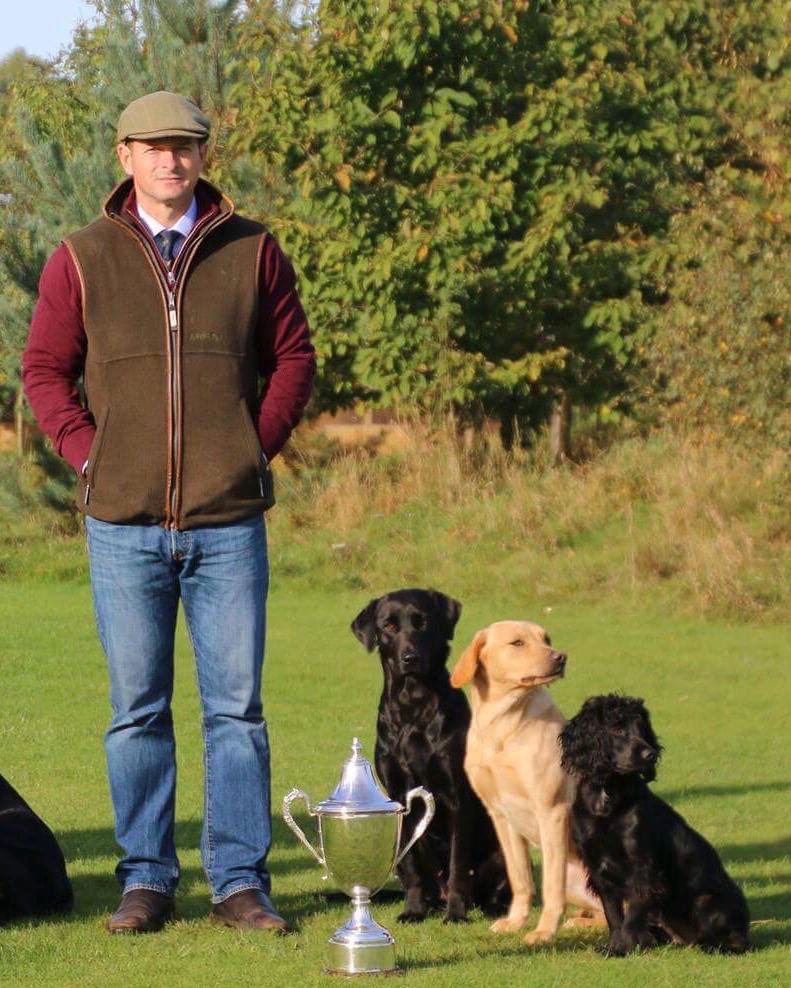
When did you make the jump to become full-time professional in the world of dogs?
It was 15 years ago now, in 2009. My wife Nikki — who was a teacher — and I both gave up our jobs and our house in the middle of the recession, despite having a five-year-old and a three-year-old, and and moved to Herefordshire to take over Ledbury Lodge Kennels. At the time it was a very run down, very tired premises, but we're proud that since then we've developed it into one of the best training and boarding kennels in the country.
How has that 15 years translated into your experience of training dogs today?
It means that everything I know about dogs and training has been learnt the hard way. I’ve seen and worked with at least 30 dogs a day, every day of the year, for 15 years now — that’s well over 150,000 pets I’ve come into contact with, and trained up. And that number doesn’t even include my own dogs that I'm training up — never less than six and sometimes as many as 12 dogs at a time, so I can’t imagine there are many more experienced trainers in the world.
By meeting every dog that comes in to our kennels, speaking to every client and going through any training and behaviour issues when they first arrive, we discuss behaviour before they come to board. I've literally seen it all.
You've got a lot of A-list clients. How did they end up coming to you?
Our training facilities started to get widely recognised, but really it's word of mouth that has been our greatest tool. We're really delighted that people including David Beckham, Gordon Ramsay, Liz Hurley and Kate Silverton have become clients.
What have been the biggest challenges with running a business training and kennelling dogs?
Without doubt COVID was the biggest test for us, just as it was for businesses across the world. With nobody going on holiday or travelling for work, the boarding kennels really suffered — but actually that ended up being a blessing, as it made me look more in to offering online training to help people. In the UK alone, 3 million families bought dogs for the first time during lockdown, and there was a huge need for help and advice.
How did that translate go from online help to launching a dog training app?
Around the time of lockdown, I was teaching a client called Kristian Forsberg, who had a background in tech startups as well as a lovely cocker spaniel called George. He’d been to many trainers and nothing seemed to work, until I started giving him lessons and they started seeing results. Their bond grew stronger and their partnership developed beautifully each lesson — and he suggested that we put together a training app to ‘let you and people around the world have you in their pocket 24/7’ — and that’s what we did. The result was the Gundog App and everything else has gone from there.
What are the most common problems you get asked about?
Poor heelwork and recall work, and a general lack of calmness and manners around people and other dogs. I have to say that I put a lot of this down to incorrect training advice, mostly bribery-based training, which turns dogs into spoilt children with an ‘I want — give it to me now’ attitude.
How do you avoid that, though? What’s the difference between rewarding during training, and bribery to get your dog to do something?
Let me put it this way. I have two sons: Joe and Jack. Say if Joe walked downstairs and I asked him to lay the table for dinner, and he put his hand out and asked for £1 to do so. Then I might end up giving him a pound for every knife, fork, spoon and placemat he puts down. He does it quickly, effectively, then sits down with the family to eat dinner. But when I ask him to help clear up, he puts his hand out again. I’ve no money left, so he refuses, runs off and ignores my requests for help.
The next day, it's Jack's turn. He walks in for dinner and I ask him to lay the table without giving him anything, which he does. He then sits down to a lovely meal with the family, and when he finishes, without being asked, he offers to clear up. After all that's done we'll give him plenty of praise and thanks.
With my reward based methods, I like a dog to work for a period of time to get his reward — what this does is build trust in the dog, and you. The dog has to trust you for longer periods, and stay connected to you. Once they realise the reward will come, your partnership will only get stronger — and that partnership becomes more important than any treat could ever be. That's something that plenty of owners of poorly-behaved dogs find out when they're out and about walking: a piece of sausage or cheese just doesn’t cut the mustard when a pheasant crosses the path in the park and you're desperately trying to recall your dog.
And finally, you recently published your first book. What made you write it?
After lockdown and the success we saw with the Gundog App around the world, I had even more confidence in my training techniques, and now knew for sure that they would work with all different breeds, all over the world. So, a few years ago, I thought the time was right to time to start a debut book, How To Train Your Gundog. It took me a couple of years to write and it was released last December. I’m delighted to say that it’s now being sold all across the world, even as far away as New Zealand and South Africa, and I want to write a couple more: one on advanced gundog training, and one more specific to training dogs as perfect family pets.
Ben Randall’s book, ‘How to Train Your Gundog’, is out now. You can order it here at £40.
For more detailed advice about Ben Randall’s positive, reward-based and proven BG training methods, one-to-one training sessions, residential training or five-star dog-boarding at his BGHQ in Herefordshire, telephone 01531 670960 or visit www.ledburylodgekennels.co.uk. For a free seven-day trial of the Gundog app, which costs £24.99 a month or £249.99 a year, visit www.gundog.app/trial
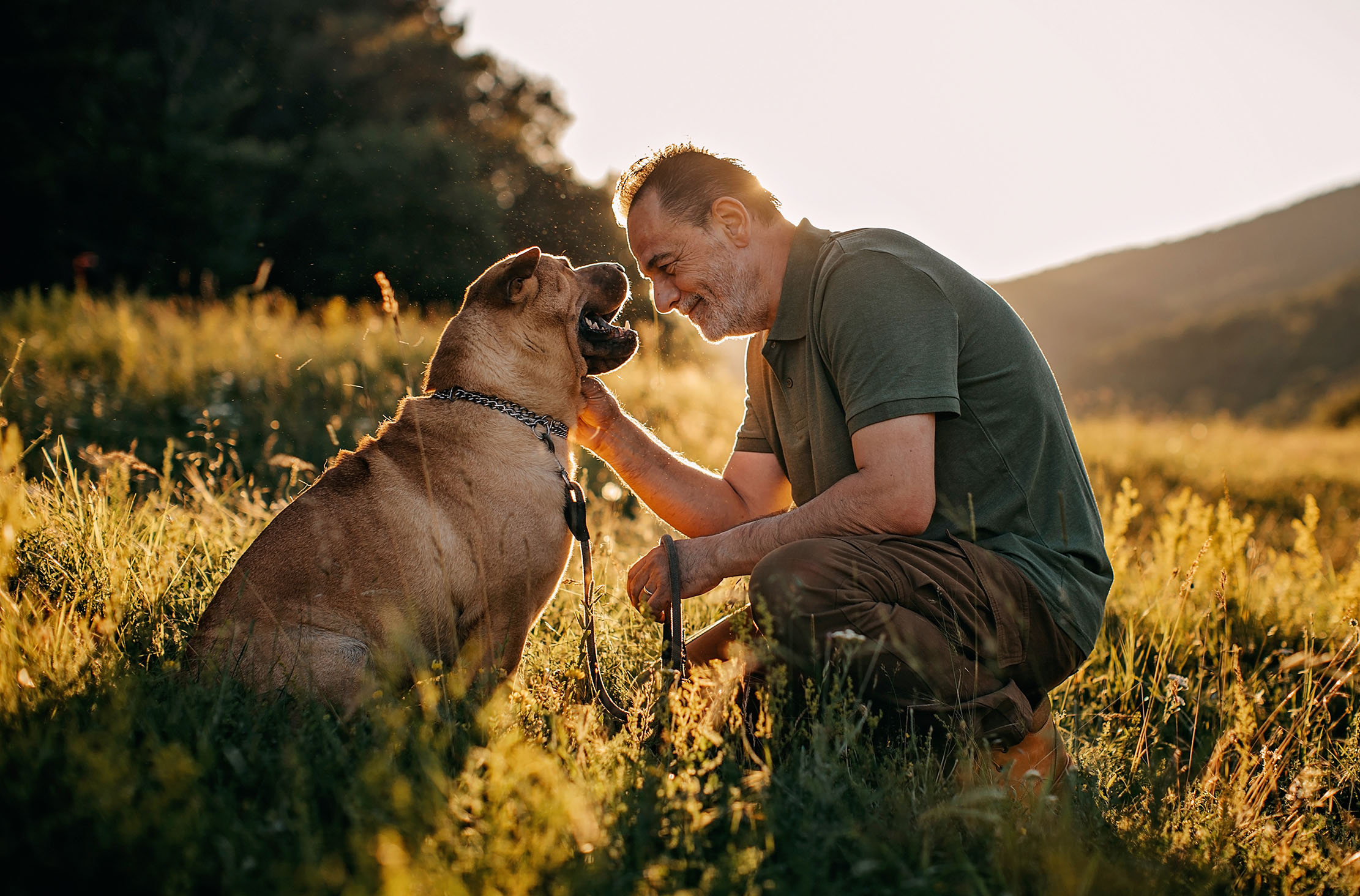
Credit: Getty
How to 'reboot' an older dog whose training has fallen by the wayside, by expert trainer Ben Randall
The saying 'you can't teach an old dog new tricks' simply isn't true, explains Ben Randall.
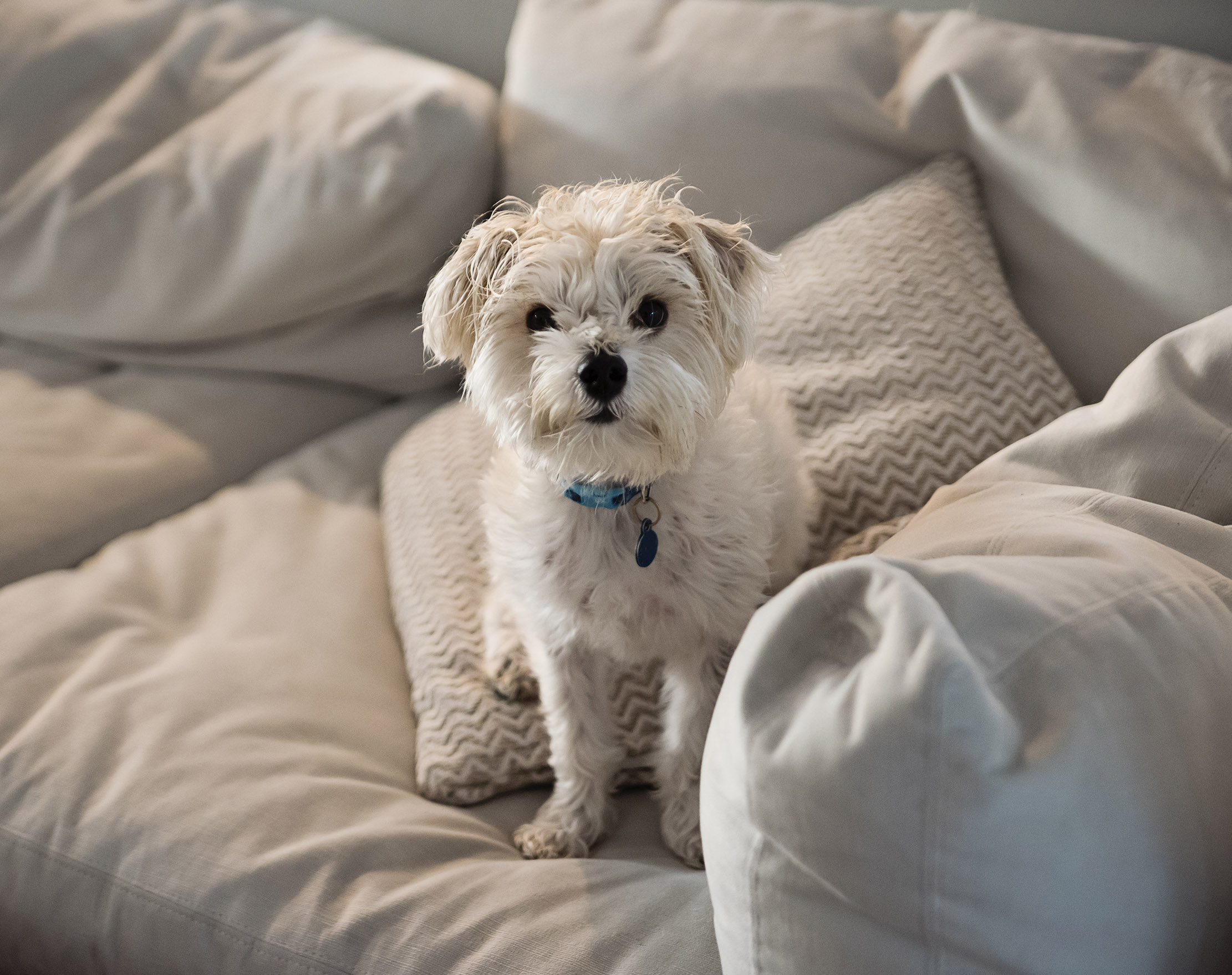
How to toilet train a dog who just doesn't get it, by award-winning trainer Ben Randall
Most dogs take to toilet training quite quickly, but for owners of dogs who don't, it can be an exhausting
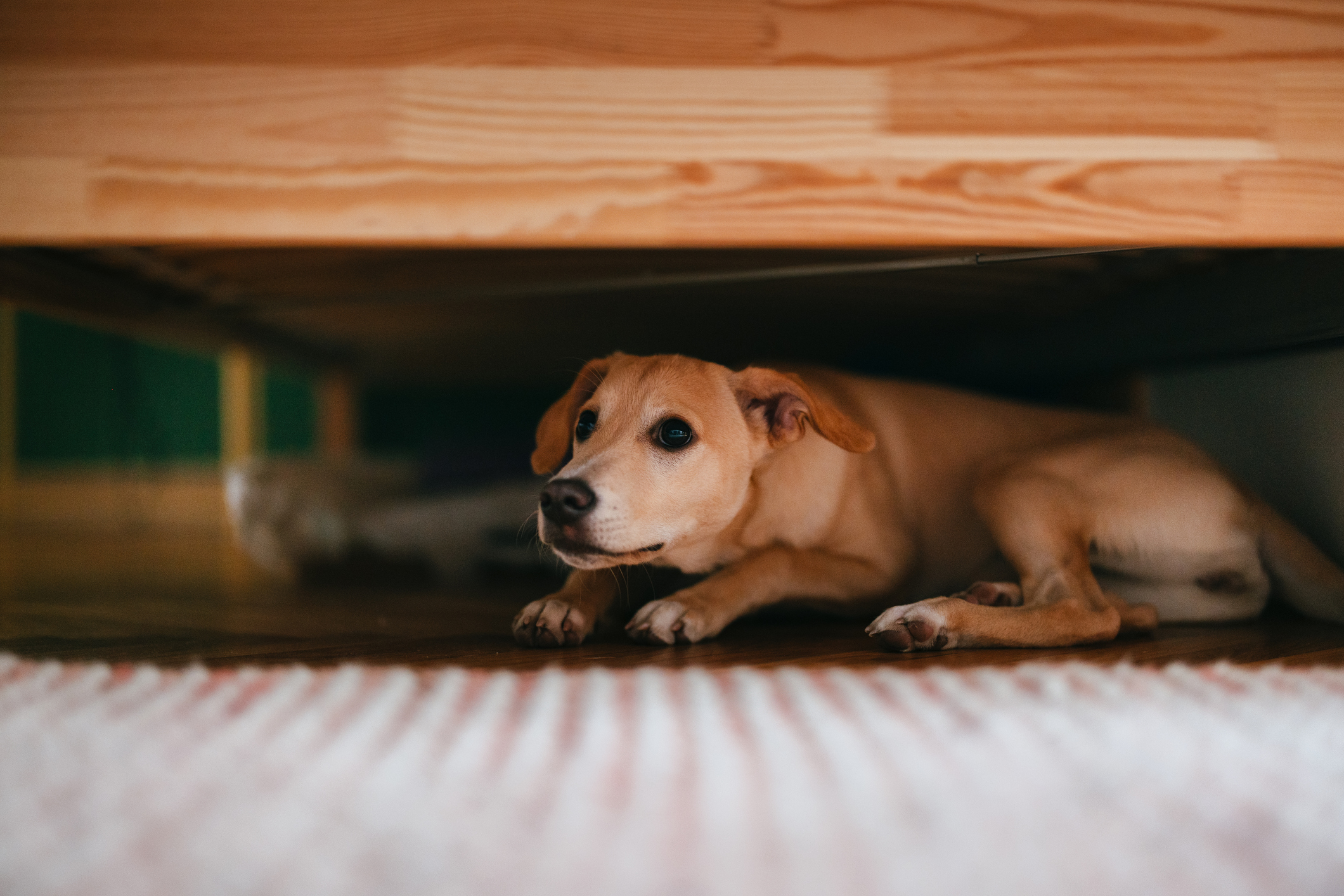
Credit: Getty
'My dog is scared of loud noises — and now a building site has appeared next door. What can I do?'
Award-winning dog trainer Ben Randall explains how to help your dog get used to loud noises.
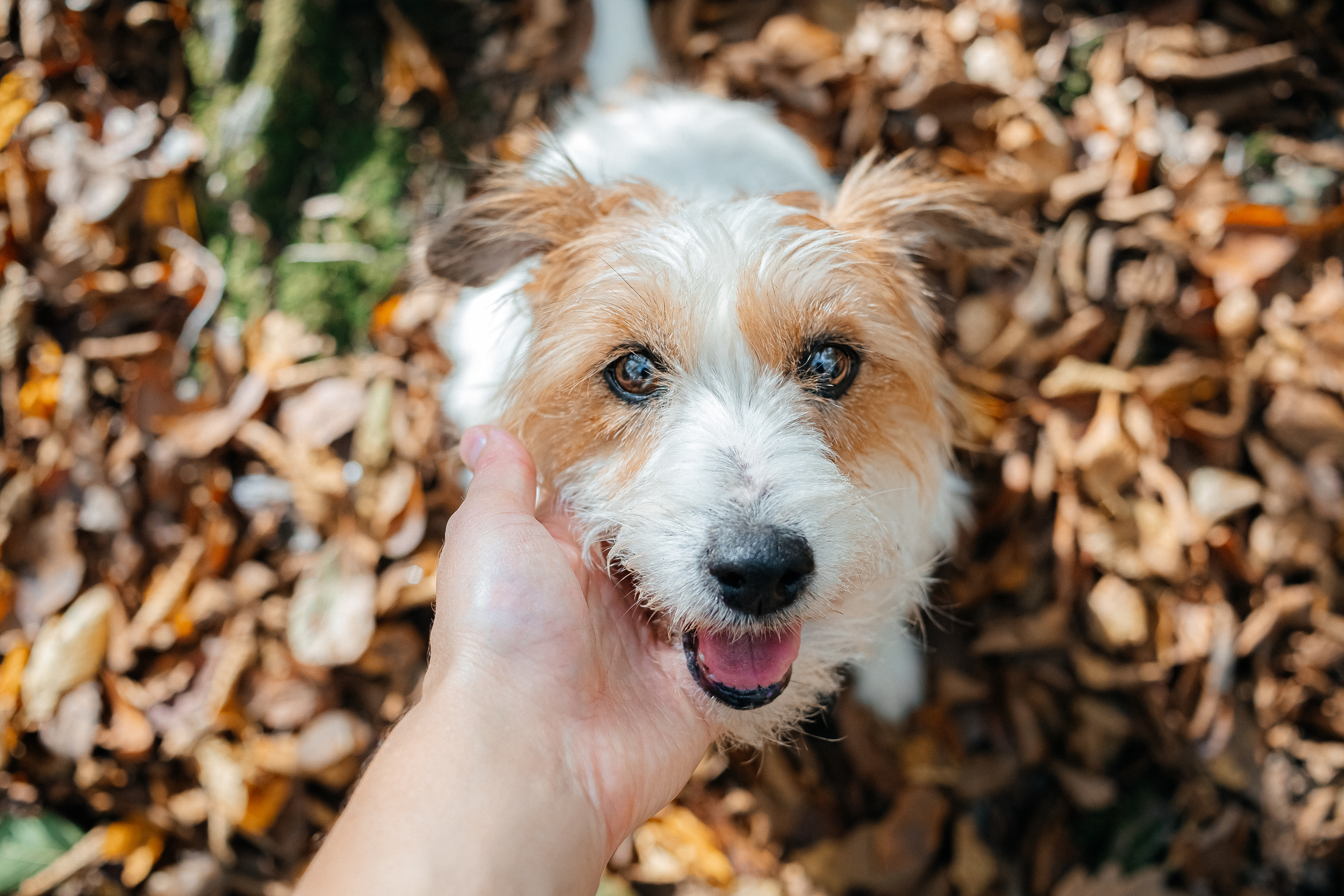
Credit: Getty
How a dog taught me an unbeatable technique for calming down a misbehaving dog, by A-list trainer Ben Randall
Ben Randall explains his simple technique for calming down an overexcited or nervous dog who has stopped responding to your
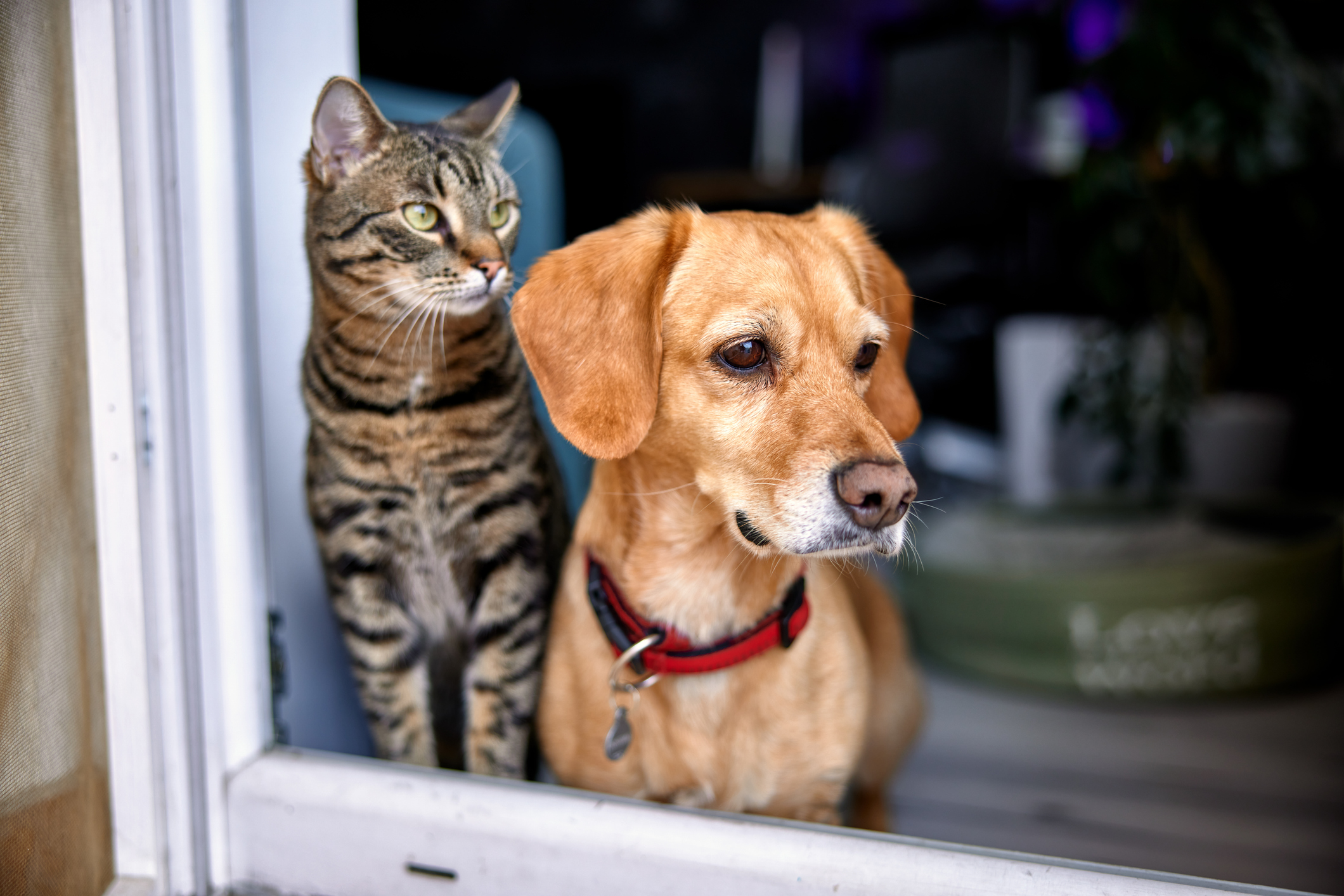
How to stop your dog from chasing and barking at cats, by expert trainer Ben Randall
The conflict between cats and dogs seems to be as old as time, but it really doesn't have to be
